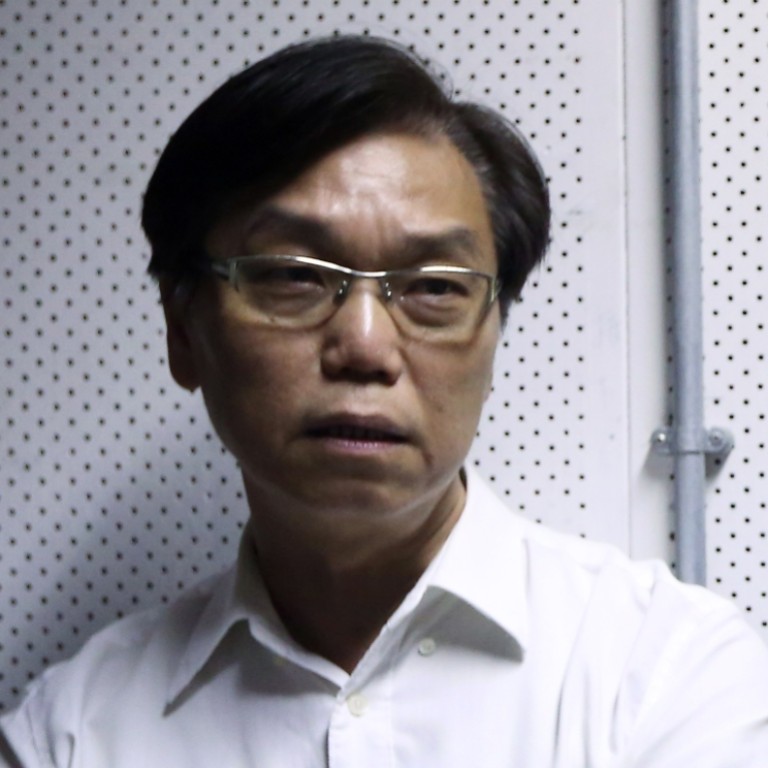
Giving a voice to the silent majority
If politics is the art of compromise, parties in Hong Kong have apparently yet to master the skills. Years of bickering and hostility results in more than political discord. The landscape has become increasingly polarised amid an oversimplified dichotomy of pan-democrats versus Beijing loyalists. There is little room for those opting for a middle-of-the-road direction.
The divide has deepened further in the wake of the Occupy protests and the recent debate over constitutional reform. The Democratic Party's rift over the reform is a case in point. To many who do not want the proposal vetoed, the open appeal for a rethink by former lawmaker Nelson Wong Sing-chi is merely a bold but right step to take. But the move was immediately branded by some members as defying the party line. This prompted the moderate Democrat to quit the party central committee on Thursday.
That the pan-democrats have repeatedly vowed to veto the reform proposal is unsurprising. With the actual vote still months away, any sign of disunity may foil negotiations. But the dwindling room for dissent is nonetheless telling.
Thankfully, an alternative voice is emerging. Led by Civic Party lawmaker Ronny Tong Ka-wah, the forum aims to consolidate moderate figures from different camps. Although their first get-together did not yield much, the rise of such a voice is to be welcomed. They may not be as vocal as others in the past; but they may well represent the views of the silent majority. It is good that they speak up and seek a bigger influence in shaping the way forward.
There have been no shortage of moderate political flagships in the past; but few managed to command cross-spectrum support. Tong has intentionally steered clear of the political reform. He instead focuses on the way out for Hong Kong in the post-reform era. The direction makes sense, as the reform may well be rejected.
There can be no disputes that the city is ready for democracy. But the political discourse is often dominated by a few vocal voices. When some moderate figures speak up for a different course, they are branded as waverers or defectors.
Moderates are not necessarily unprincipled. They are just able to see two sides of the coin and be open-minded about compromise. Walking such a path in an increasingly divided society like Hong Kong is not easy. But it would go a long way in breaking new ground if more people follow their footsteps.

